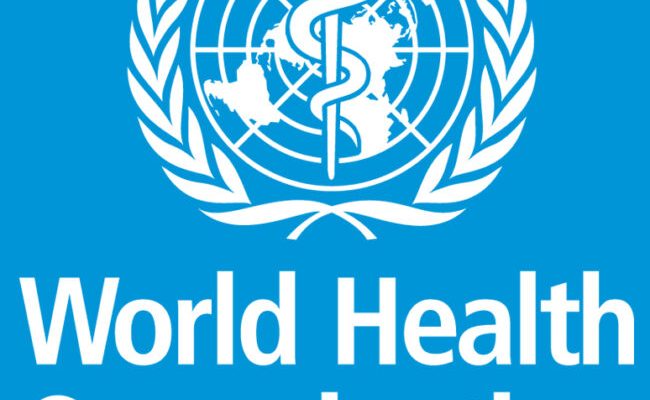The country director of the World Health Organisation, (WHO) Dr Walter Kazadi-Mulombo, has said with six years remaining until 2030, Nigeria is not on track to reach the health-related SDGs, particularly those related to reducing maternal mortality and child mortality.
He added that Nigeria is far away from ending epidemics and premature death due to non-communicable diseases like tuberculosis, malaria, and tropical diseases.
Dr Kazadi-Mulombo, who spoke at the maternal health policy dialogue on “Scaling Maternal Health Innovations in Nigeria: Learning, Challenges, and Opportunities” by Nigeria Health Watch, said that in Abuja, the picture of maternal mortality is very gloomy despite Nigeria and many countries yearly commitment to accelerating progress on reducing maternal, newborn, and child mortality since 2015.

“We are within six years remaining to 2030. And many countries are still not on track to reach their targets, particularly those related to reducing maternal mortality and child mortality.
“So an examination of key interventions in sexual, reproductive, maternal, newborn, and child life using data from 136 low- and middle-income countries for the period from 2017 to 2022 indicates we are far from achieving universal coverage for these interventions that work.
“The largest gaps are involving family planning services, exclusive breastfeeding, and treatment for childhood illnesses. So, investing in and radically reorienting health system intervention to a primary care approach and addressing health and care workforce shortages are key.
“And then essential people-centred health services of good quality, access in a timely fashion without financial hardship, but also essential public health functions for communities to detect outbreaks in the communities and initiate early response. That is primary health care.”

Dr. Kazadi-Mulombo said that maternal mortality is not just a health issue and therefore called on all stakeholders—civil society, non-state actors, and the community themselves—to rally beyond the government leadership in its priorities and efforts to truly accelerate progress towards ending preventable maternal mortality and reducing children and other unnecessary deaths.
Managing Director of Nigeria Health Watch, Vivianne Ihekweazu, stated that deaths of women directly or indirectly from pregnancy and childbirth causes are often relegated to a woman’s issue, although it is both a population and a citizen issue.
She declared that the degree of care and attention a country devotes to maternal health, such as safeguarding women’s health and wellbeing throughout pregnancy and in childbirth, often demonstrates how much it values its citizens.
According to her, more men that recognise that access to quality maternal health care should not be a privilege, but a right is needed as a champion so that every woman, irrespective of where she lives, is born, or her economic circumstances, could have access to quality health care.
Ihekweazu stated that maternal health deaths in Nigeria are both alarming and increasing, thus the urgent need to increase awareness about successful and effective maternal health innovations, identify policy recommendations, and take actionable steps for scaling up these innovations in a bid to stem these deaths and address poor maternal health care outcomes in Nigeria.
Dr. Salma Ibrahim Anas, Special Advisor to the President on Health, assured of FG’s commitment to accelerating a reduction of maternal death, saying it is part of President Bola Tinubu’s Renewed Hope Health Agenda.
She added, “We’re also hoping to reduce the total fertility rate by 20% in the next few years and reduce the newborn neonatal mortality rate by 40%. You know, a lot of people will say it might be unrealistic, but we strongly feel that with acceleration efforts and genuine commitment and transparency, we will be able to realise that.
“We have seen the inequity in services, even through the Basic Care Fund, which is currently being corrected, and we are engaging with a sub-national level to invest more in financial protection and safety net for women and vulnerable children.”







